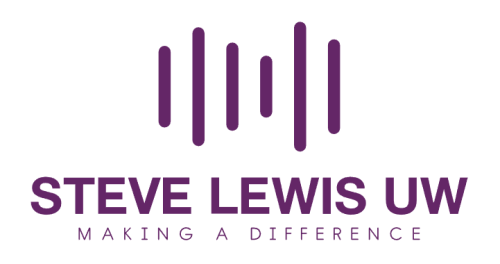Understanding the role of psychology in business is not only instrumental in enhancing business performance but also imperative in fostering interpersonal relationships within an organisation. It allows us to dive deeper into the mindset and workings of the human brain in a business context, eventually influencing decisions, negotiations, and overall company culture.
Table of Contents
- Mindset in Business
- General Psychology of the Brain
- How the Brain Works in Business
- Additional Psychological Concepts in Business
Mindset in Business: The Driving Force
Mindset, a set of beliefs that influence how we perceive ourselves and the world around us, plays a critical role in businesses. The mindset of an individual significantly shapes their actions, decisions, and the way they handle situations.
Growth vs. Fixed Mindset
In her groundbreaking book, Mindset: The New Psychology of Success, Dr. Carol S Dweck proposes two types of mindsets: the fixed and growth mindsets. Individuals with a fixed mindset believe that abilities are innate and immutable. Conversely, those with a growth mindset perceive skills as malleable and can be developed through continuous effort and learning.
Business leaders who embrace a growth mindset foster an environment of creativity and innovation. They encourage their teams to learn from failures rather than perceive them as setbacks. Conversely, a fixed mindset can hinder progress and innovation as it promotes a fear of failure and averse to taking risks.
Practical Tips for Cultivating a Growth Mindset
- Embrace Challenges: Instead of avoiding difficult situations, seize them as opportunities for growth.
- Learn from Criticism: Feedback is a powerful tool for personal and professional growth. It allows you to identify your weaknesses and work on them.
- Perseverance: Keep trying, even when things get tough. Persistence is key to success.
General Psychology of the Brain: The Engine Behind our Thoughts
Our brains are intricate machines, making thousands of connections every second to process information, make decisions, and guide behavior. Understanding the general psychology of the brain helps us comprehend our behavior and actions in a business environment.
The Triune Brain Model
The Triune Brain Model, proposed by neuroscientist Paul D. MacLean, provides a simplified explanation of our brain’s structure. It consists of the Reptilian Complex (basal ganglia), responsible for primal instincts such as aggression, dominance, territoriality, and ritual displays; the Limbic System, managing emotions and memories; and the Neocortex, involved in higher order brain functions such as sensory perception, cognition, generation of motor commands, spatial reasoning, and language.
Cognitive Biases
Our brains use mental shortcuts or heuristics to help us make decisions quickly. While these shortcuts are useful, they can also lead to cognitive biases that skew our judgement. For instance, confirmation bias leads us to favour information that confirms our existing beliefs and ignore contradicting evidence. Understanding these biases can help businesses develop strategies to overcome them.
How the Brain Works in Business: Decision Making, Negotiation, and Beyond
The knowledge of how our brain works can be applied in the business environment to enhance decision-making processes, and negotiations, and improve interpersonal relationships.
Decision Making
The process of decision-making heavily relies on the prefrontal cortex, the region of the brain responsible for executive functions. However, emotions managed by the limbic system also significantly influence our decisions. Recognising this can help businesses develop strategies that appeal to both the rational and emotional side of decision-making.
Negotiations
Negotiation involves understanding the other party’s perspectives and finding a mutually beneficial solution. The ability to empathise, managed by our brain’s mirror neurons, plays a critical role in successful negotiations.
Additional Psychological Concepts in Business
Emotional Intelligence
Emotional Intelligence (EQ) is the ability to recognise, understand, and manage our own emotions and the emotions of others. High EQ leads to better team collaboration, improved decision-making, and increased resilience.
Psychological Safety
Psychological safety refers to an individual’s perception of taking a risk in their work environment. It influences employee engagement, innovation, and job performance. Cultivating an environment of psychological safety encourages open communication, feedback, and creativity.
In conclusion, understanding the role of psychology in business can provide invaluable insights into improving performance, enhancing communication, and promoting a growth mindset. By unraveling the complexities of the human brain and its influences on mindset and behavior, we can create better business strategies, foster healthier work environments, and ultimately drive business success.
 Steve Lewis UW Making A Difference
Steve Lewis UW Making A Difference




